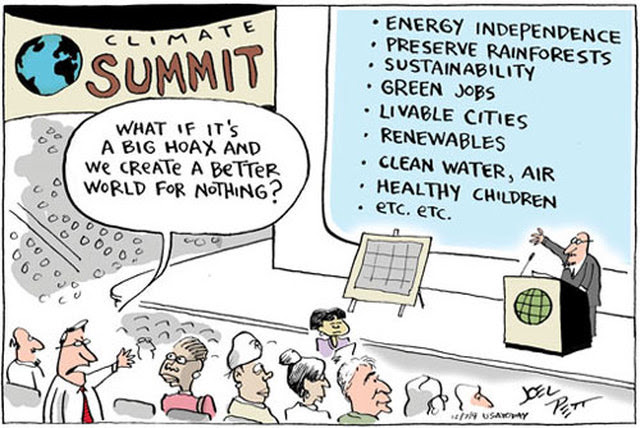Observations from a November 2025 Study Tour
The heat has been turned up immeasurably in the West Bank, where a majority of the non-diaspora Palestinian population is finding it ever more difficult to live. The physical, psychological and spiritual violence from "religious settlers" reached a record high two weeks before... Read more

 Proponents of the GND are hopeful as it coincides with the scientific studies that show that we have 12 years left to turn our climate catastrophe around. Not 50 years, not 30 years, but 12 years. As a world leader, the USA bears great responsibility in leading the way in getting off fossil fuels and onto wind and solar energy. Just as the name "New Deal" summons the memory of FDR and his New Deal, it also raises the memory of how fast the USA ramped up the factories and work force that made the weapons and machinery necessary to go to war in Europe. It was an incredible feat. It can be done again. So what is involved in the Green New Deal? Currently the GND is in the form of a joint Congressional Resolution which lays out some principles but lacks the specificity or authority of laws. The bottom line is that it is technologically possible but politically very difficult. There is more to the GND in the social arenas as will be addressed in the panel. But addressing the potential of transformative change in the Green New Deal's target of net-zero greenhouse emissions is the #1 priority.
Proponents of the GND are hopeful as it coincides with the scientific studies that show that we have 12 years left to turn our climate catastrophe around. Not 50 years, not 30 years, but 12 years. As a world leader, the USA bears great responsibility in leading the way in getting off fossil fuels and onto wind and solar energy. Just as the name "New Deal" summons the memory of FDR and his New Deal, it also raises the memory of how fast the USA ramped up the factories and work force that made the weapons and machinery necessary to go to war in Europe. It was an incredible feat. It can be done again. So what is involved in the Green New Deal? Currently the GND is in the form of a joint Congressional Resolution which lays out some principles but lacks the specificity or authority of laws. The bottom line is that it is technologically possible but politically very difficult. There is more to the GND in the social arenas as will be addressed in the panel. But addressing the potential of transformative change in the Green New Deal's target of net-zero greenhouse emissions is the #1 priority.